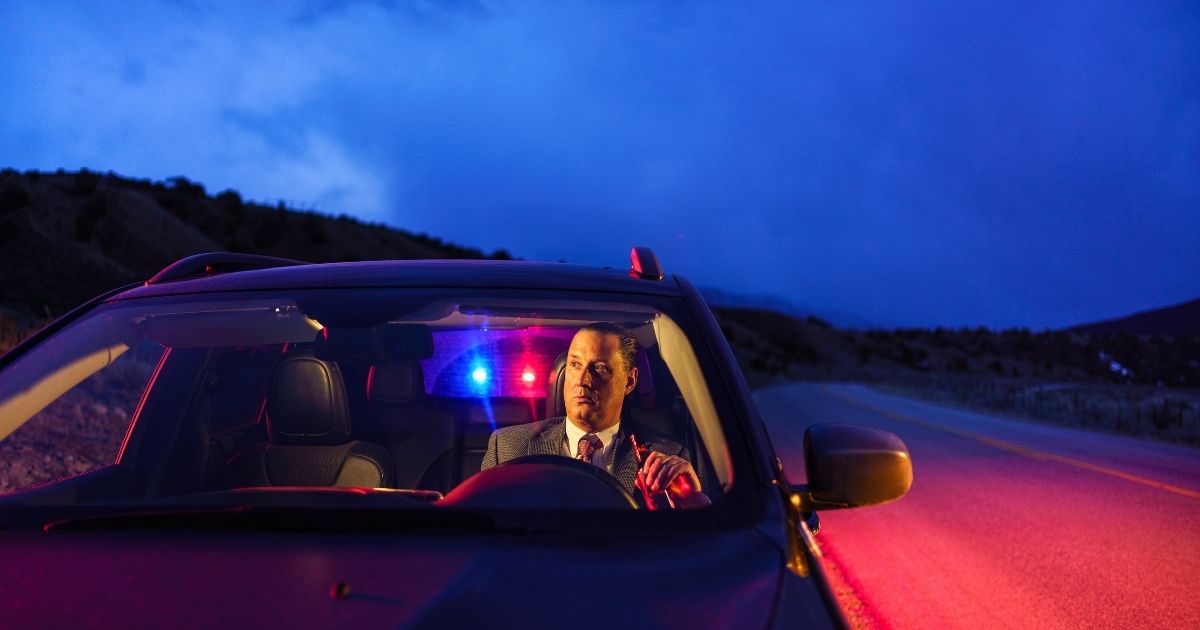Are DUI Checkpoints Legal in Georgia?
If you are on your way home from a night out with friends and approach a line of cars behind a police car’s flashing lights, it is probably a DUI checkpoint where police officers stop drivers to check for signs of intoxication. This can be an unnerving experience, whether you are completely sober or you had a few drinks several hours ago. While this can be an inconvenience, particularly if you have not had anything to drink all night, DUI checkpoints are an essential tool for discouraging motorists from drunk driving.
In Georgia, it is entirely legal to conduct DUI checkpoints, provided the police officers follow the strict guidelines and requirements and the motorists’ legal rights are not violated. If you were arrested at a DUI checkpoint, it is highly recommended that you contact an experienced DUI lawyer as soon as possible.
What Happens at a DUI Checkpoint?
DUI checkpoints allow police officers to stop vehicles and determine whether a motorist shows signs of intoxication. Common signs that police officers will look for include bloodshot eyes, slurred speech, and the smell of alcohol on the person’s breath. If a police officer suspects that you are under the influence of drugs or alcohol, they may ask you to step out of the vehicle so they can perform a field sobriety test or a Breathalyzer test. If either of these tests confirms that you are likely impaired, you may be arrested and brought to the hospital or the police station, where you will take a blood, breath, or urine alcohol test to determine the amount of alcohol in your system.
You do have the option of refusing to participate in a field sobriety test or a breathalyzer test. It is widely known that both of these tests are notorious for being unreliable and producing false-positive results. In addition, if you fail either of these tests, the consequences you will face are much worse than if you politely refuse to take them. Your driver’s license may be suspended if you opt out of taking these tests, but an experienced DUI lawyer will protect your legal rights and help you get your license reinstated as soon as possible.
What Are the Legal Requirements for a DUI Checkpoint?
While DUI checkpoints are legal in the state of Georgia, they must meet the following requirements:
- A police supervisor must approve the location of the checkpoint and the time it will be monitored. The supervisor must also have the legal authority to approve a checkpoint.
- The purpose of the checkpoint must be specific. For example, it must be clear that the checkpoint is set up to search for impaired drivers instead of inspecting licenses or other purposes.
- The checkpoint’s location must be clearly marked so that motorists are not caught off guard, which can increase the risk of a car accident. In addition, the checkpoint should be organized so that there is minimal interruption in traffic flow. If the DUI checkpoint causes traffic to become backed up, police can suspend the checkpoint until traffic flows again.
- Police must stop every vehicle. It is illegal to conduct random checks.
- At a DUI checkpoint, at least two uniformed police officers must be present. Additional officers may be required if necessary to maintain a steady flow of traffic around the temporary roadblock.
- All officers stationed at a DUI checkpoint must be properly trained and have the experience to determine which motorists should be stopped, and a field sobriety test must be administered.
If a police officer at the DUI checkpoint does not meet the above criteria, it might be considered illegal. As a result, if you were arrested for drunk driving, any evidence collected during the checkpoint cannot be used in your case.
If you are facing drunk driving charges and believe that the DUI checkpoint was illegal, it is recommended that you contact a DUI lawyer at your earliest convenience. They will thoroughly review the details of your case, determine whether the checkpoint was conducted legally, and recommend the best legal course of action.
Is it Illegal to Avoid a DUI Checkpoint?
You may be tempted to turn around or take an alternate route if you approach a DUI checkpoint, particularly if you have had a few drinks and are concerned that you may not pass a field sobriety test. It is not illegal to avoid a DUI checkpoint as long as you do so in a safe manner and do not break any traffic laws. If you perform an illegal U-turn or violate any other traffic laws to avoid a DUI checkpoint, not only does avoiding a checkpoint make you look suspicious, but if a police officer stops you for breaking a traffic law, you will likely face penalties for those infractions. The best course of action is to avoid having any alcohol or drugs if you are going to be getting behind the wheel. Even a couple of drinks can cause a range of impairments that can increase the risk of a drunk driving accident. If a police officer stops you, you must legally comply with the officer’s request, including providing your driver’s license and registration.
Our Savannah DUI Lawyers at Kicklighter Law Protect the Rights of Clients Who Are Arrested at a DUI Checkpoint
If you were arrested after being stopped at a DUI checkpoint, contacting our Savannah DUI lawyers at Kicklighter Law is in your best interest. We will conduct a thorough investigation to determine whether mistakes were made during the DUI checkpoint or if your legal rights were violated. Our dedicated legal team will recommend the most effective strategy to protect your legal rights. To schedule a consultation, call 912-754-6003 or contact us online. Located in Springfield, Georgia, we serve clients in Effingham County, Savannah, and the surrounding areas.

